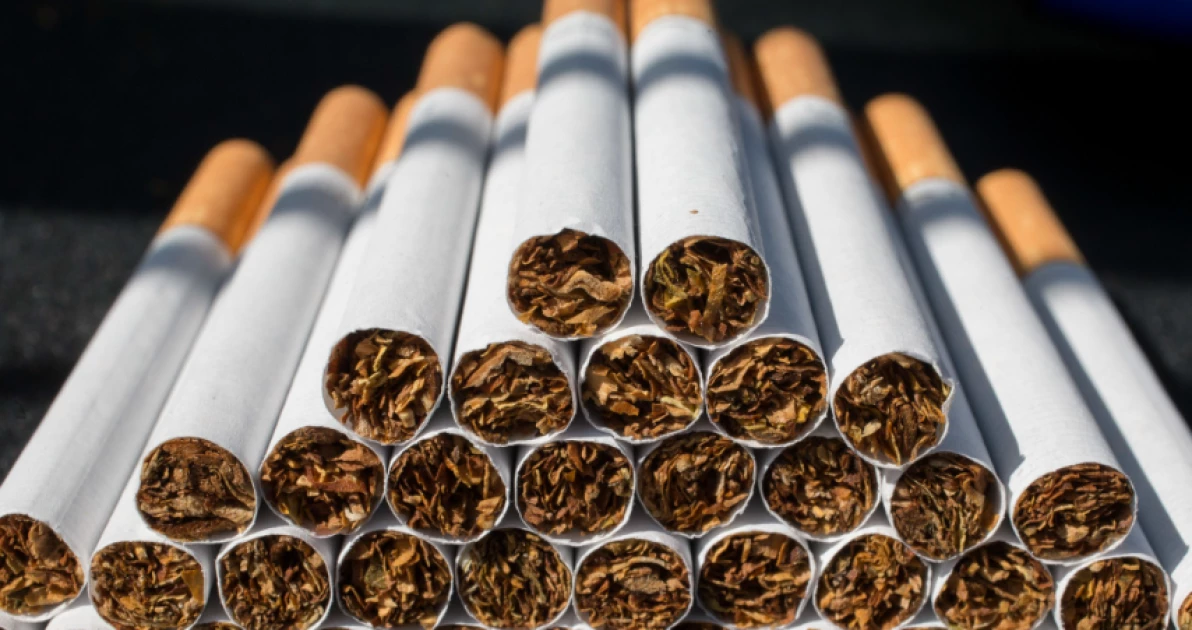Illicit cigarettes now 37% of Kenyan market, costing State Sh9 billion

Kenya is losing an estimated Sh9 billion every year to the growing trade in illicit cigarettes, according to a new report by international research firm Kantar.
The report shows that more than one in every three cigarettes sold in the country is untaxed, marking a sharp increase in the illicit share of the market from 27 percent in 2023 to 37 percent in 2024.
The findings highlight a growing economic and security concern, as the Kenya Revenue Authority (KRA) also reports a rise in the value of smuggled goods.
The value jumped by Sh43.5 million this year, reaching Sh243.5 million.
BAT Kenya Managing Director Crispin Achola said the country is now facing serious losses that affect its ability to fund essential services and support national growth.
“This rise in illegal cigarette trade not only deprives the government of vital revenue but also undermines security and threatens the livelihoods of thousands of Kenyans connected to the legitimate tobacco supply chain,” said Achola.
The report points to Uganda as a key source of the illicit cigarettes entering Kenya. The cross-border nature of the trade is making enforcement more difficult, and experts say regional cooperation is needed to stop the illegal flow.
Achola warned that the issue goes beyond financial losses.
“Illicit cigarette trade is a matter of national security. Each illegal cigarette sold strengthens organized crime networks and harms legitimate businesses. While we acknowledge the efforts of Kenyan authorities and regional partners, a more robust and collaborative approach is urgently needed,” he cautioned.
He called for united action involving government agencies, law enforcement, businesses, civil society, and the media.
“This is a fight that no one entity can win alone. Our commitment to addressing this issue is unwavering, but it requires a unified front to safeguard Kenya’s future,” said Achola.
The warning comes at a time when the government is under pressure to increase revenue and strengthen economic stability. Experts say stopping illegal trade in high-tax sectors like tobacco must be a national priority.
